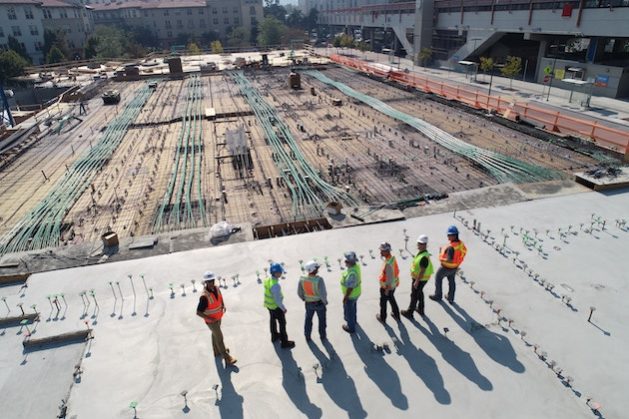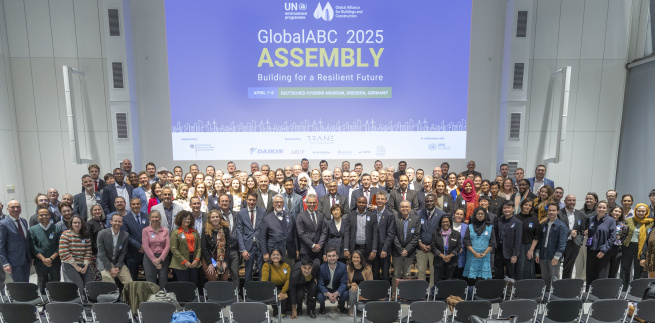Milestone Tunnels are Centerpiece of Landmark Virginia Bridge-tunnel Expansion
Constructed as the world’s first bridge-tunnel complex in 1957, the Hampton Roads Bridge-Tunnel was an engineering milestone in a natural harbor already rich in history, from the landing point for voyagers who would establish the first permanent English settlement upriver at Jamestown to the first battle of ironclad vessels during the Civil War. Now, nearly 50 years after being augmented with a parallel bridge-tunnel to accommodate growing traffic on I-64, the famed crossing is again making history through the Virginia Dept. of Transportation’s largest-ever highway construction project—a $3.9-billion expansion program begun in 2020 that will double capacity with two new 7,900-ft-long bored tunnels and nearly 17,000 ft of upgraded marine trestles.









